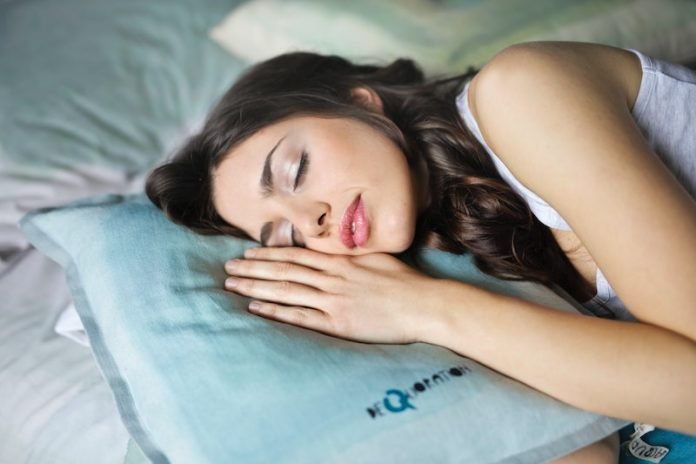
Exercise is often associated positively with a good night’s sleep. But if done at certain times of day, or shortly before bedtime, it can also alter how we sleep.
And yet despite years of study, there is still much we do not know about how the two are linked.
In a new study from Concordia University, researchers found the timing of exercise could strongly influence sleep.
In the study, the team assessed data from 15 published studies to see how a single session of intense exercise affects young and middle-aged healthy adults in the hours prior to bedtime.
They examined variables such as the timing of exercise—early evening or late evening—and the hours between the cessation of exercise and bedtime—less than two hours, around two hours, and two to four hours.
The team showed that when the exercise ended two hours before bedtime, there were sleep benefits, including the promotion of sleep onset and increased sleep duration.
On the other hand, when the exercise ended less than two hours before bedtime, sleep was negatively impacted. It took longer for participants to fall asleep and sleep duration decreased.
The team says for healthy, young, and middle-aged adults with no history of sleep disorders, evening exercises should be performed in the early evening if possible.
People should also keep to a consistent exercise schedule, as exercising at different times of the evening could cause sleep disturbances. They should also consider whether they are morning people or evening people.
High-intensity exercise performed late in the evening can result in sleep disturbance for morning-type people.
If you care about sleep, please read studies about this common sleep habit may increase your heart disease risk and findings of this common tea may help you lose weight while sleeping.
For more information about sleep and your health, please see recent studies about sleep warning for older men and results showing that this noise could boost your memory function and improve deep sleep.
The study is published in Sleep Medicine Reviews. One author of the study is Melodee Mograss.
Copyright © 2021 Knowridge Science Report. All rights reserved.



